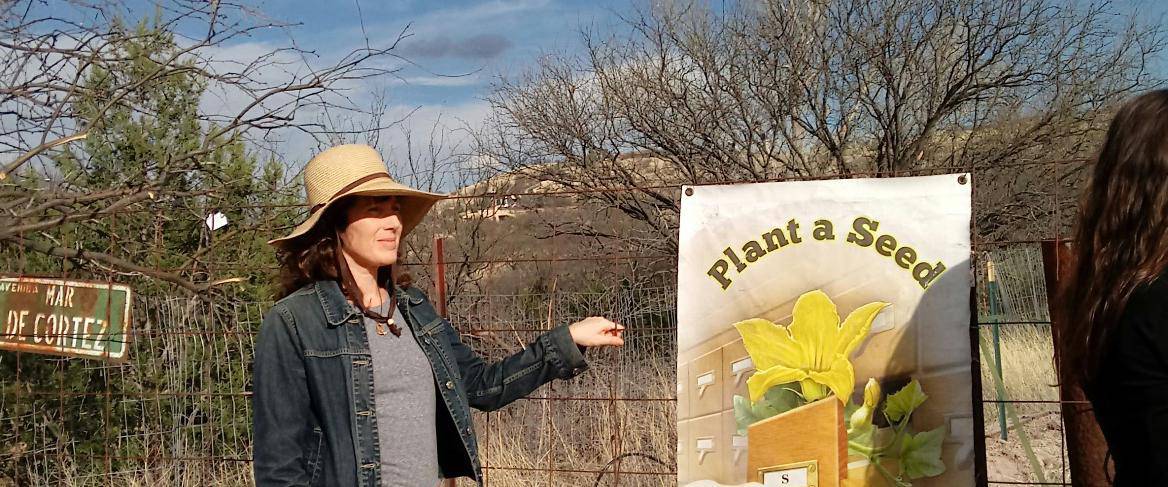Narrative Through Community
By Kyle Dacuyan
This past week, PEN America launched Faking News: Fraudulent News and the Fight for the Truth, a landmark report on the extent to which false narratives and misinformation threaten our democracy and civil society. The report also covers a range of strategies to promote fact-checking and media literacy—greater transparency on the part of social media companies, for example, as well as a “News Consumers Bill of Rights and Responsibilities,” which outlines the expectations consumers deserve from media sources and the role they can individually play in responsibly sharing and engaging with news.
The report uses the term “fraudulent news” to refer to provable falsehoods—since the term “fake news” has been so extensively deployed over the last year to denigrate provable facts. That we are in a moment meriting these two categories should be deeply concerning. Our communities are being polarized and manipulated with competing notions of the truth. Despite extensive disproval from fact-checkers, advocacy groups, and numerous civil servants, for example, there are still many who believe the claim that millions of votes were illegally cast in the most recent presidential election. We can chalk this up to the media platforms which have misrepresented this claim as information and, of course, to our president, who has done likewise.
How do we address these divisions of outright truth and lie? Research provides a necessary starting point, though as the fraudulent news report indicates, there are widely held beliefs that fact-checking is inherently left-leaning. Content on its own will not be a panacea here, since content itself is such a source of division.
We see a need for in-person programming, activity, and discourse that will restore trust and more diversely engage communities in fact-based media. We see writers as naturally well-positioned to lead advocacy in this area—to envision and facilitate opportunities at the local level that unpack intersections of narrative, experience, and information. And we see this as an apolitical space for coalition-building; press freedom and media truth are necessary to everyone’s civic agency.
And so, in concert with our Faking News report, we’ve recently rolled out a Press Freedom Incentive Fund that will stimulate projects and events being staged in local communities outside the major coastal cities. We are currently in a phase of the project where we are raising awareness for the resource, helping to build diverse audiences for the work (including diversity of perspective and media consumption habits) and learning how this effort might amplify or intersect with other kinds of advocacy already being undertaken.
There have been a couple of notable takeaways from the work so far. One is that the platform for press freedom advocacy starts by developing a case for media’s connection to other community causes; we need to demonstrate what bearing the news has on individuals’ lived experiences and the issues they prioritize. Our other major learning—which should be evident and yet bears emphasis—is that every community is different. Every local media environment is different. How information gets transmitted, how civic dialogue happens, how community life becomes narrativized—all of this occurs differently from place to place, which is why the Press Freedom Incentive Fund is designed to give programming latitude from within each community.
I was in Tucson this past week, where I was encouraged to find so much bold and thoughtful work already occurring between literary, media, and advocacy groups and leaders. I’m deeply moved, for example, by the work Susan Briante has been facilitating with MFA graduate students at the University of Arizona, with support from the Agnese Nelms Haury Program in Environment and Social Justice; Field Studies Southwest is a program that explores “how literary and documentary arts can create humane responses to environmental, social justice, and border issues in the region.” The program is producing narratives and information that enrich outside understanding of border experience by empowering and engaging these communities with student writers.

Susan Briante at a Field Studies Southwest orientation in Patagonia, AZ
Other organizations—like Borderlands Theater, the University of Arizona Poetry Center, and Teatro Dignidad at YWCA Southern Arizona—are using creative space as an occasion for staging facilitated conversations about local life and issues. A current production of Digna presented by Teatro Dignidad, for example, tells the story of Digna Ochoa, a Mexican indigenous human rights attorney whose murder in 2001 has largely been attributed to information she provided news outlets about human rights abuses in Mexico. The piece, presented in both Spanish and English, has made necessary space for community conversation through a series of talkbacks and other associated programming.
I was struck by the extent to which these programs are facilitating conversations across serious difference. While I was in Tucson, the Poetry Center, for example, hosted a reading and discussion with Martín Espada and Odilia Galván Rodriguez, moderated by Mari Herreras, which included work published in Poetry of Resistance: Voices for Social Justice, an anthology of poems that came about in response to HB 2281 (an overturned ban on ethnic studies texts in Arizona public education) and SB 1070 (legislation which requires police to determine the immigration status of individuals arrested or detained). During the Q&A, one man in attendance asked why a Trump supporter should bother listening to these poems. A woman who identified herself as undocumented followed—and asked why she should have hope. Espada and Rodriguez emphasized a similar point in response to both: We need to get in a room, listen, and begin making new stories with one another.






